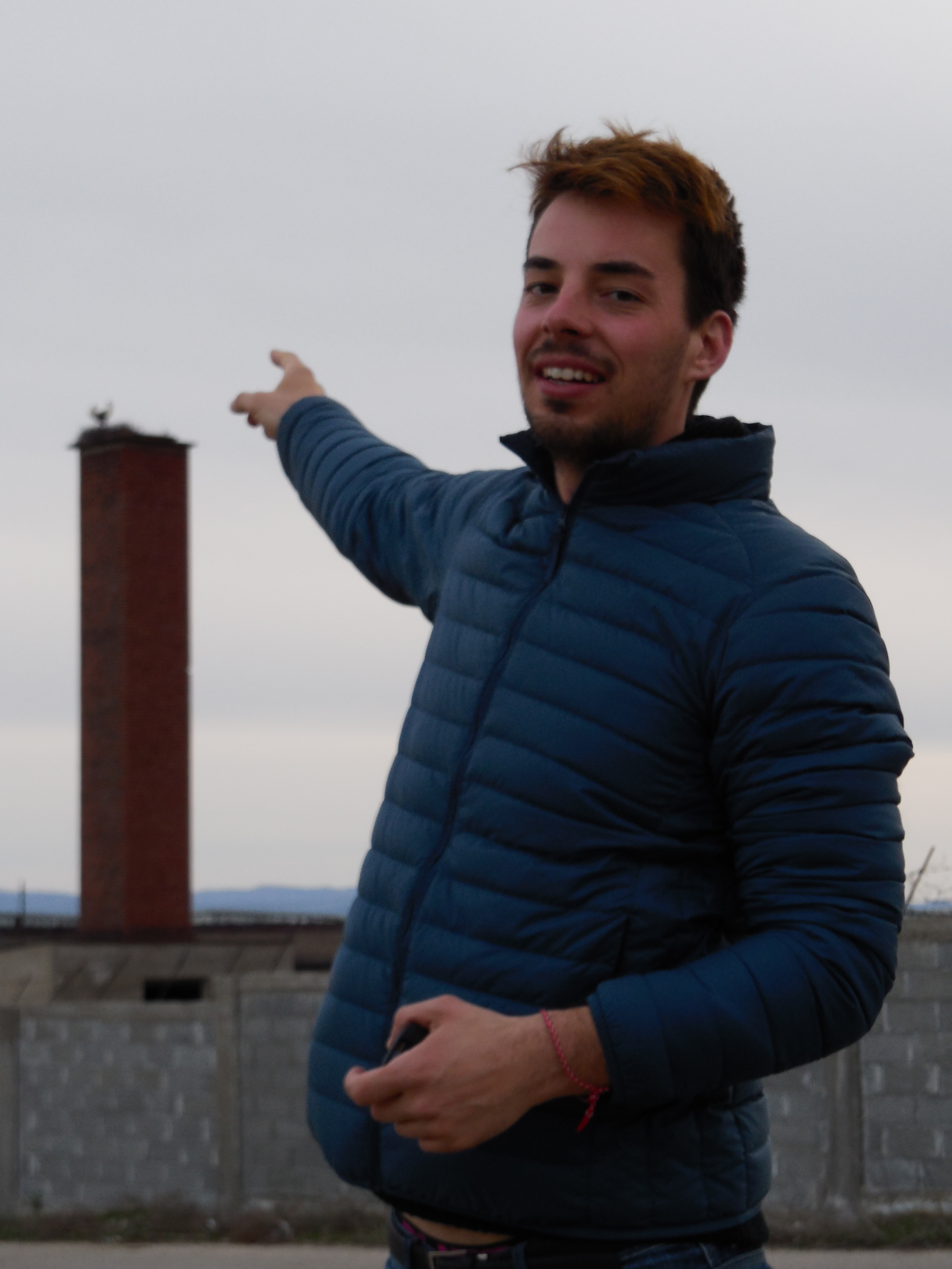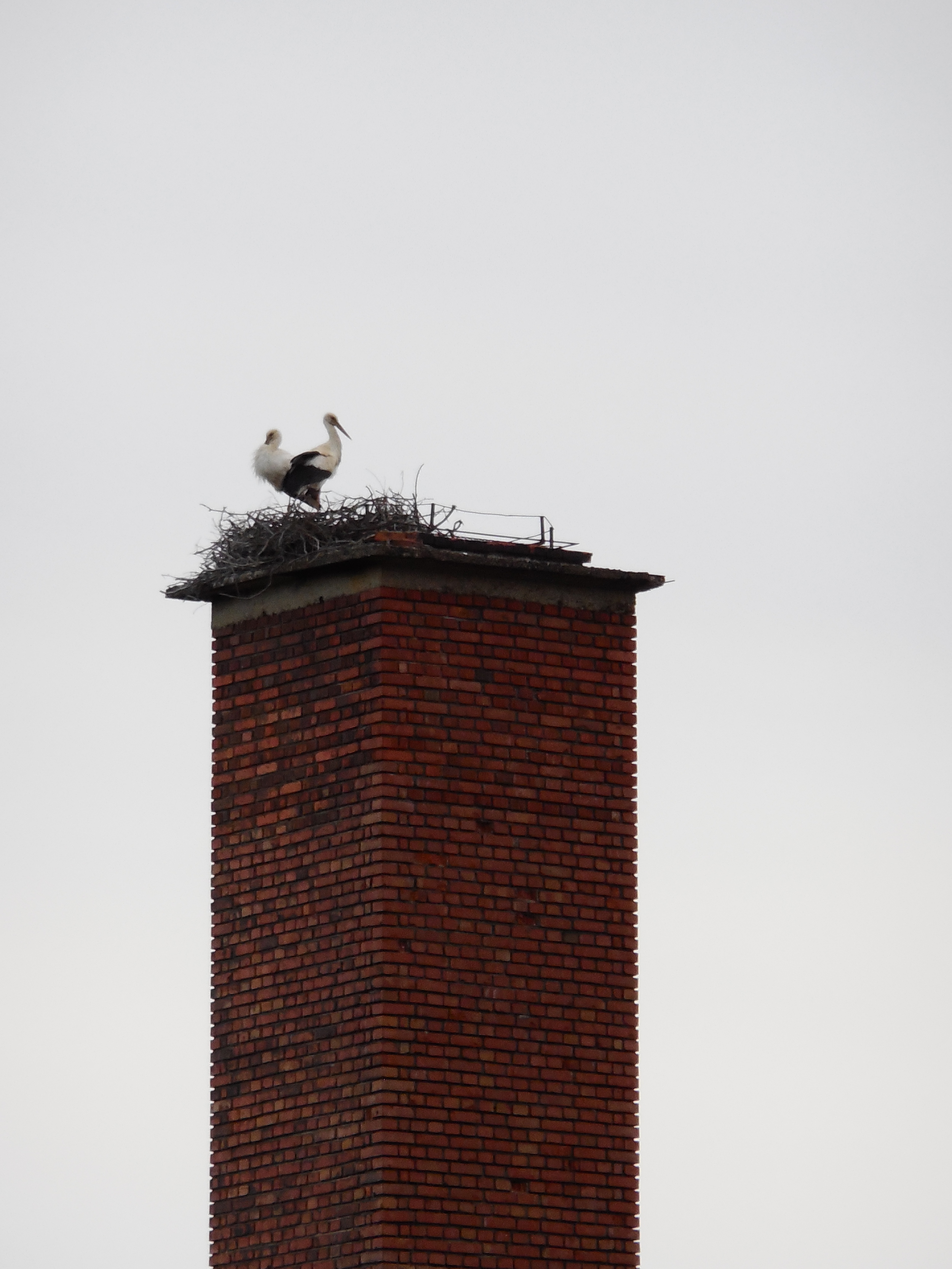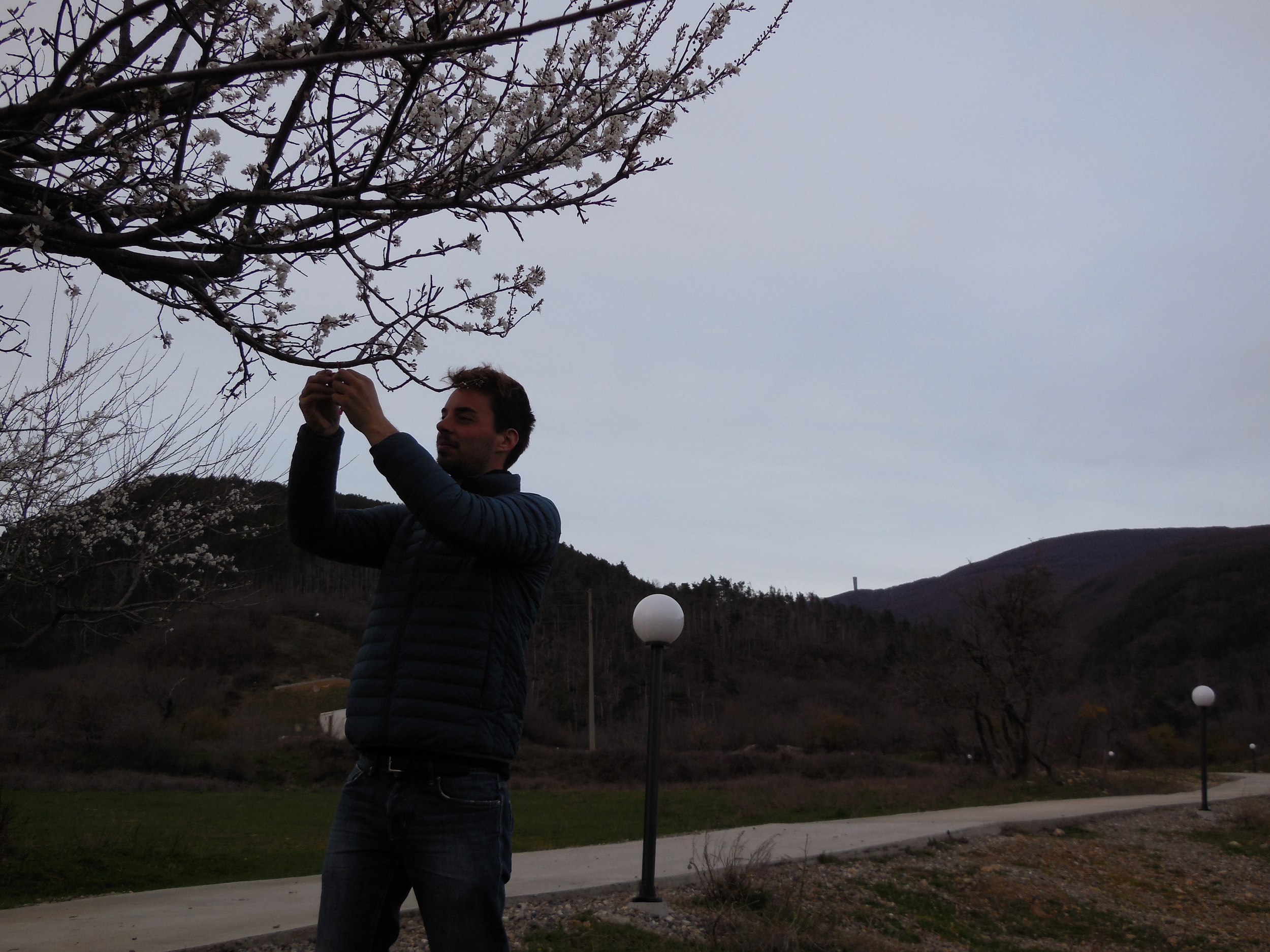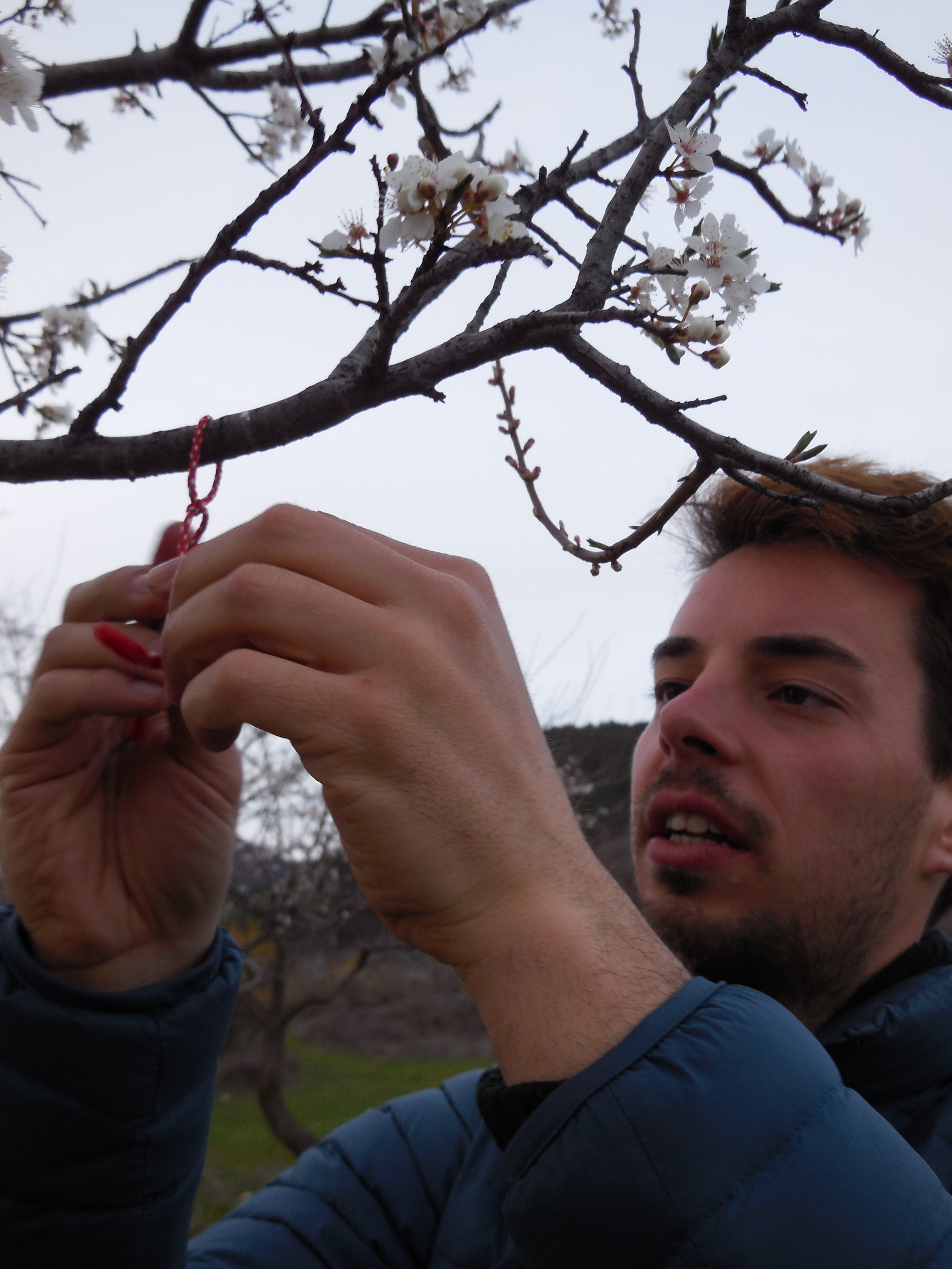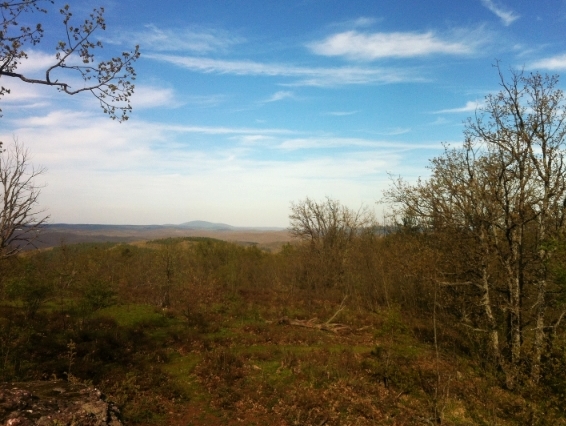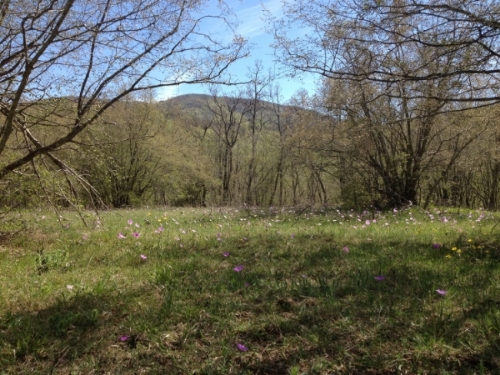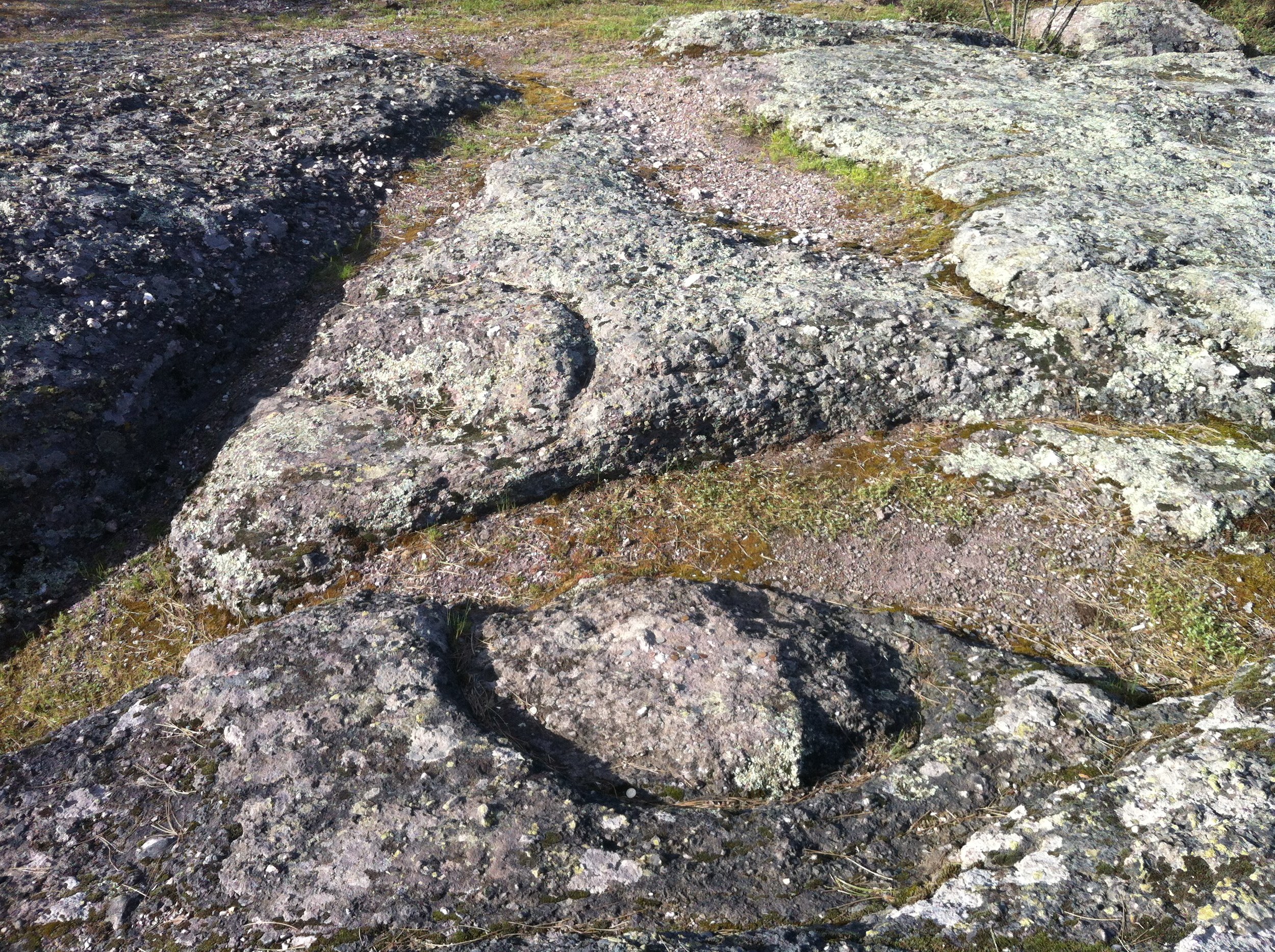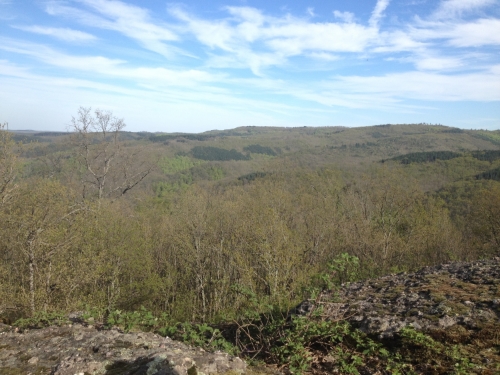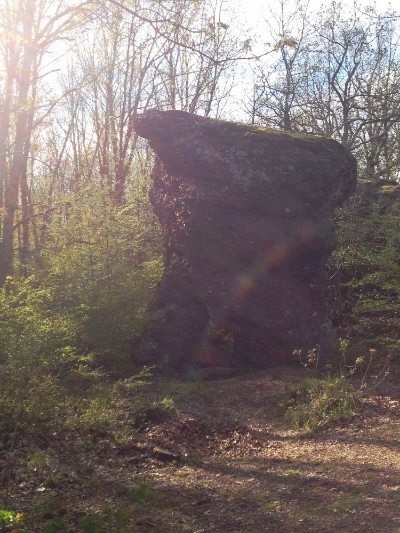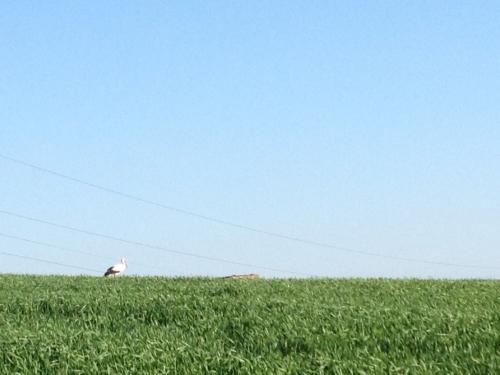Some goodbyes are not that easy.
And with this post, I am saying goodbye to Bulgaria. And, logically, this post isn't easy to write. But you probably saw that coming because you understand how syllogisms work. Basically, me a bit sad.
There is a beautiful tradition that has followed my travels all the way through Bulgaria, and that is the Martenitza bracelet. A bracelet each Bulgarian has to say goodbye to every year, but they didn't seem to mind as much as me.
These red and white bracelets are offered and worn from the beginning of March when people start sensing Spring might just be deciding to come back slowly. And when a person sees a Stalk, he hangs his bracelet(s) on a blooming tree, for good health. You get to pick a nice one if you like of course.
I got my first and only Martenitza in Sofia from Viktoria, carried it all around, and then, with a smile and a slight feeling of loss, I perched it near a Thracian Tomb and onlooking stalks, in the Kanzanluk area, in the middle of the country. You might have noticed in the videos how it disappears from my wrist between two songs.
And now, on the Black Sea, the other side of the country, having been zig-zagging in this beautiful land for two months, I record a song about Martenitzi (the plural), my favourite Bulgarian tradition. Very much like this bracelet I took an irrational liking to, I leave behind beautiful landscapes, moments and people. And as much as I'd like to take some of them with me, that's not how Martenitzi, or travelling, works.
But with the comfort that the memories will travel on with me, joyfully celebrating Spring, and with all my thankful thoughts to all the wonderful Bulgarians I have met here and who have made it such a wonderful discovery for Ukulele Road Trips in it's first country, Martenitza, Martenitzi !




